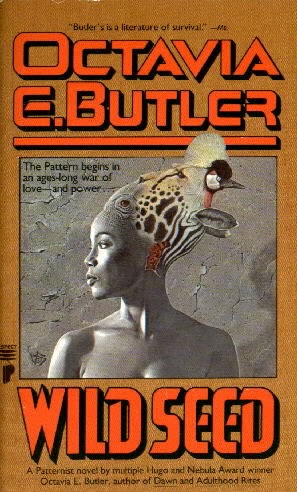By Chelsea Catherine
. . .
I write blended fiction, usually of two or more genres. I love speculative fiction and everything it encompasses. My stories contain elements of fantasy, horror, Southern gothic, the supernatural and many others.
In my MFA program, we were warned away from genre fiction. We once had an amazing writer of genre fiction visit our MFA program and give a reading. I remember being entranced by his work. He was a good writer. Easy to follow, quick to lure you into the story. He had great lines, great structure, and detail. He was also insanely successful.
Our MFA staff made fun of him. He was not a “real” writer, they told us. Now, looking back at it, I can see it was just jealousy. This writer had it all – his stories sparked. They were interesting and exciting. The characters were well developed, and his sentences were poetic and lush. His work inspired me. It seemed like such fun.
. . .

. . .
During my MFA years, I stuck to writing mostly weird fiction, stuff that could be classified as literary, with a twist. But after graduating and starting to work on novels, I decided I didn’t care to stick with what I’d been taught. I started to write more heavily in genre.
Why? Because writing in genre is fun.
I feel this sense of tension when I talk to my MFA friends about their writing. Is their story good enough? Will it be impactful? Who will pick it up? Who will publish it?
For me, writing has always been a way to escape my reality. I want it to be fun. I don’t want to think about who might like it or who might not. I spent three years writing things I thought my white, cis, mostly male faculty would want to read. I am not going to waste any more of my time doing that.
. . .
Do yourself a favor and read this – List of Fantasy Books by POC
. . .
During high school and college, most of us were forced to read stories by straight, cis, white men who were long dead – Norman Mailer, William Shakespeare, Ernest Hemingway, etc. We are told they are the “greats” and we should study them to learn how to write. But most of those men were deeply misogynistic and racist. Some of them, honestly, weren’t even that good at writing.
At my MFA program (and in my undergrad and high school), I rarely got examples of great genre fiction writers or writers of color. I was discouraged from writing sentimentality or deep emotions.
This is an example of white supremacy in action. I know it now, but I didn’t know it then. Then, all I wanted was to be like the people in charge. I wanted to be respected by them and gain their attention. It soiled my writing. I didn’t become a good writer until I left what they modeled behind.
I don’t speak for everyone. I’m sure some people had different educational experiences than me. But now, six years out from my MFA graduation, I think a lot about some of the unspoken things I learned there and how hard I’ve had to work to unlearn them.
. . .
You can explore the work of Chelsea Catherine here


